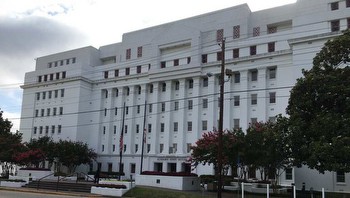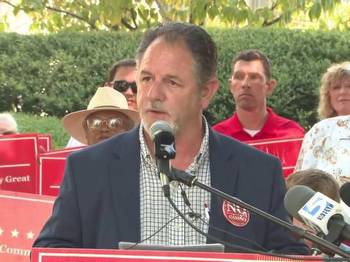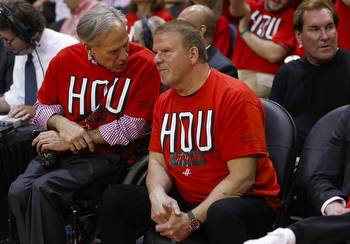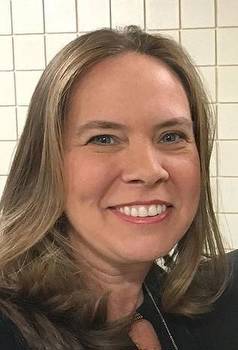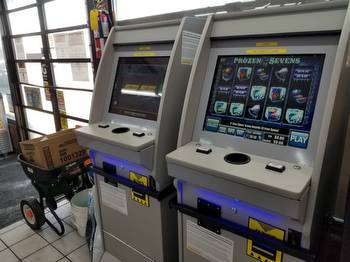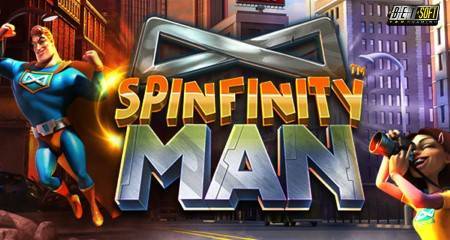Medicaid funding, gambling debates to resurface in Legislature

Missouri lawmakers are gearing up for the upcoming legislative session, which is sure to have a continuation of debate about some of the biggest issues facing the state.
In the months since the Legislature adjourned last spring, several issues have bubbled up through conversation among lawmakers, including funding for the Medicaid expansion and the issue of gaming and gambling.
Missouri’s Supreme Court in August overturned a lower court ruling that the state did not have to provide funding for Medicaid expansion.
Gov. Mike Parson had funding for the program expansion in his budget, but the Republican-led Legislature did not include that revenue, it said, because the amendment that expanded Medicaid did not include specific funding streams.
The high court unanimously determined Cole County Presiding Judge Jon Beetem ruled incorrectly the amendment was unconstitutional. Since that time, MO HealthNet, the Missouri Medicaid program, has been gearing up for about 275,000 additions.
While Republican lawmakers have claimed expansion would be a burden on the state, supporters of the move have pointed out the federal government is responsible for paying 90 percent of the costs of expansion. And supporters point out expansion brings billions of dollars to the state’s health care industry.
Following the Supreme Court ruling, lawmakers said they didn’t anticipate the governor calling a special session together to supplementally fund the program. They said $12 billion already appropriated would carry the program into the next session, which starts the first week of January.
Rep. Dave Griffith, R-Jefferson City, said there will be a rush of activity early in the session — including discussions about redistricting, looks at Social Services and funding for MO HealthNet.
“Medicaid expansion is another tight issue we’re going to have to address,” Griffith said.
Rep. Rudy Veit, a Republican from Wardsville, acknowledges the federal dollars coming into the state will be beneficial to Missouri.
“There won’t be a negative impact on the state,” Veit said. “Medicaid will generate enough money to cover itself for the state of Missouri. (Money from the federal government will bring in) new taxes, new jobs.”
Another issue that arose during the summer is discussion about the efforts of the Osage Indian Nation to build a casino on the Lake of the Ozarks.
Rep. Willard Haley, R-Eldon, whose district borders part of the Lake of the Ozarks, said Missouri law limits the number of casinos in the state to 13, and that’s enough.
“I am opposed to the casino,” Haley said. “This proposal gets around that limitation due to the construction on Native-American-owned land and due to being operated under the control of the Osage Nation.
“Long-term effects of having a casino constructed at the lake include predictions of decreased home values and increased crime, including sex trafficking,” he said.
He also pointed out casinos Native Americans operate contribute less taxes to local, county and state coffers than others.
And, he said, gaming machines, such as “gray machines,” (those mechanical, electro-mechanical, or electronic devices available for the public to play that are capable of being used for gambling) should be limited to the casinos the state already has.
Sen. Mike Bernskoetter, R-Jefferson City, said he doesn’t think the Missouri Legislature will be heavily involved in the Osage Nation’s efforts at the Lake of the Ozarks because it will primarily be a federal issue.
He said there might be opportunity with the funds it generates, however.
“With any gambling in Missouri, the focus should be on ensuring that the revenue from it goes where it is intended: to schools, veterans and to the communities that house the facilities,” Bernskoetter said.
The issue of online gaming and “gray machines” are more than likely to surface this session, as it has for the past couple years, Bernskoetter said.
“Some people want to make it online gaming or whatever and kind of expand the gaming situation,” he said. “Then some people want to get rid of the so-called gray machines that are popping up. So, just a lot of discussions about a lot of different topics.”
Rep. Travis Fitzwater, R-Holts Summit, said he’s not a fan of gambling because he thinks it has a “tremendous” negative impact on communities and disproportionately affects poorer Missourians.
He said any gambling that occurs without state oversight — like the gray machines — should be defined in state statutes and heavily regulated.
Those measures would create transparency and establish guardrails, Fitzwater said.











